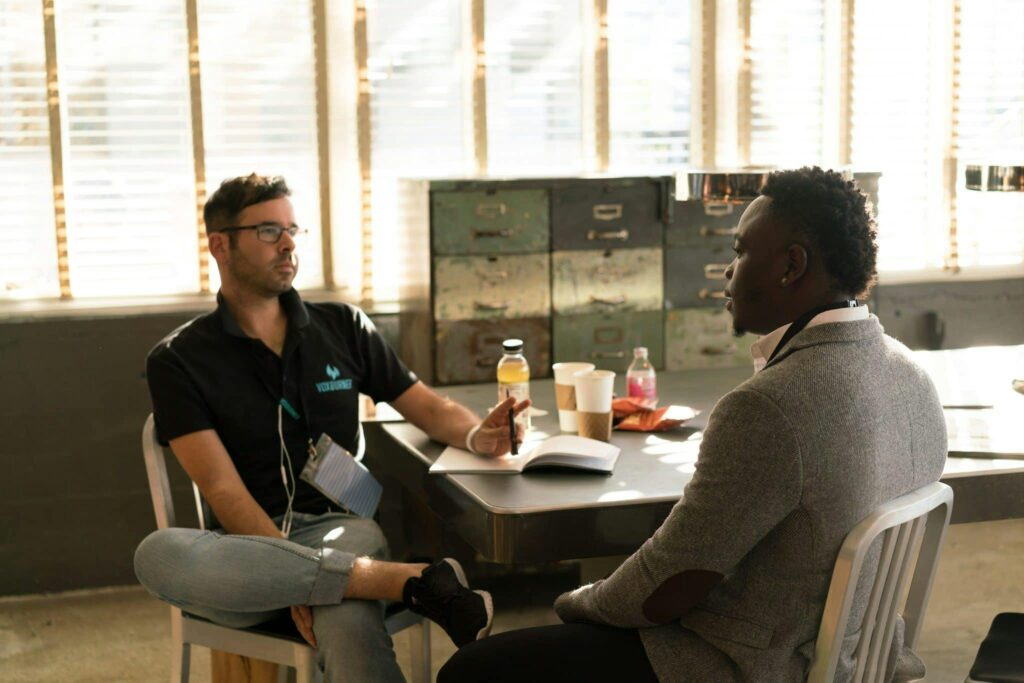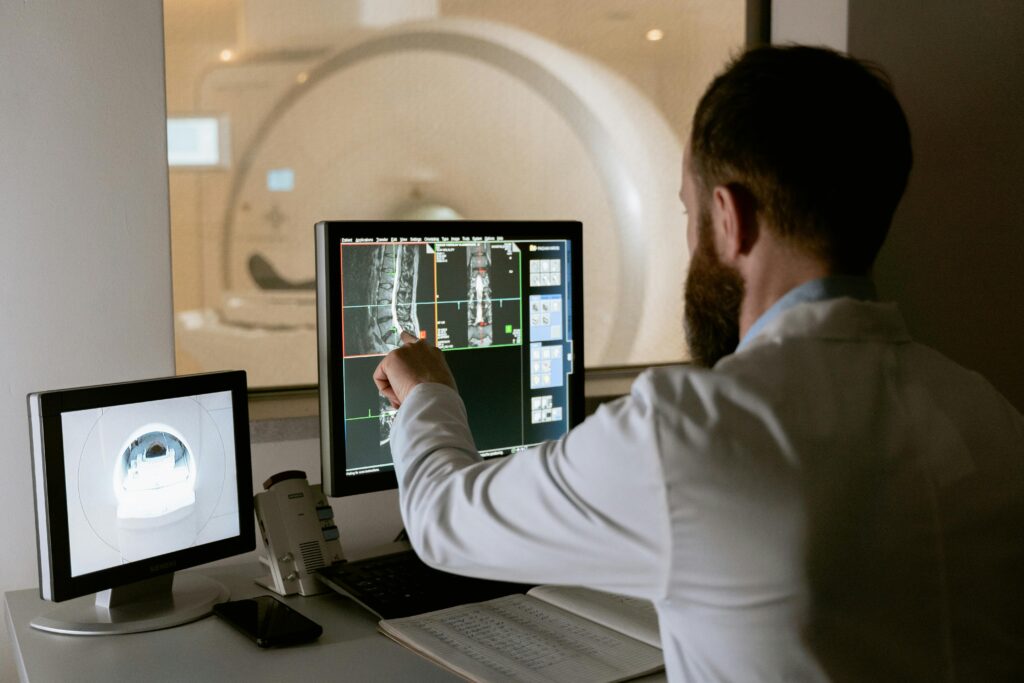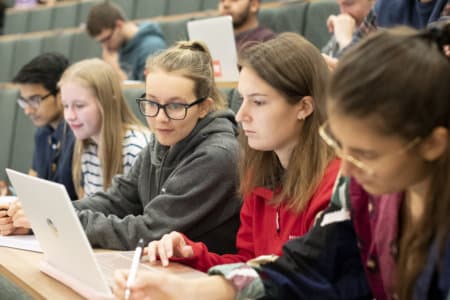As technological advancements continue to outpace our wildest expectations, the demand for professionals who can blend innovation with practical know-how is soaring. Top sources like the World Economic Forum’s Future of Jobs 2023 report and LinkedIn’s most in-demand skills guide confirm this, reporting analytical skills, management, and digital literacy as the three of the most sought-after competencies that can future-proof any career.
The University of Warwick offers a range of programmes that address this need.
Its largest department, WMG, is known for solving industrial, environmental and societal problems through collaborative research and a range of full-time undergraduate and postgraduate degree programmes. For those ready to lead the charge into the future, these six master’s programmes are the ultimate toolkit.
MSc Cyber Security Management
Ranked first globally for “Cybersecurity, Systems Security, and Data Protection” by Eduniversal Best Masters 2024, this programme is certified by the National Cyber Security Centre (NCSC). It focuses on the strategic deployment of cyber security within organisations. With teaching staff who bring significant academic and industry expertise, and regular guest speakers from the cybersecurity field, students gain real-world insights.
In classrooms, they learn to understand and manage cyber security in consultancy, strategic, business, or management contexts — from influencing board-level risk appetite to handling firewall reconfigurations during attacks. Alongside core modules, they can tailor their learning with technical electives.

MSc Cyber Security Engineering
This programme emphasises the technical aspects of cyber security, blending practical applications with theoretical knowledge. On this route, students learn to secure the digital systems embedded in everything from communication devices to infrastructure, finance, and medicine.
The curriculum is enhanced by insights from industry leaders like IBM, HP, and PwC, as well as the UK government and law enforcement agencies. Their input plays a crucial role in nurturing the skills students need to think and act coherently in cyberspace, solve realistic cyber security problems, and protect the human experience within the digital realm.
MSc Sustainable Automotive Electrification
Continually updated to align with the latest industry trends and research, this course mirrors the System Engineering V-cycle used in product development. It takes students through four progressive layers: Stakeholder Motivations, Vehicle, Systems, and Component Engineering. Supporting modules cover essential industry tools and techniques across all layers.
Designed for engineering or STEM graduates passionate about automotive innovation, it focuses on vehicle electrification and sustainability while nurturing technical awareness, management skills, and vision — all of which are essential for learners to navigate environmental legislation and meet consumer expectations for vehicle quality, reliability, and performance.
MSc Games Engineering
Developed in collaboration with Warwick’s Visualisation Research Group, this programme equips students with the expertise to thrive as developers in the multi-billion pound global computer games industry. By enrolling, they engage in the intricate process of video game development, mastering high-performance graphics, programming, data structures, physics, acoustics, AI, machine learning, networking, modelling, and rendering.
The course emphasises a deep understanding of algorithmic concepts and high-level programming languages, ensuring students master languages like C++ and Python while developing a conceptual grasp of computing principles.

MSc Digital Transformation for Healthcare
A collaborative initiative between WMG, Warwick Medical School, and the NHS, this MSc combines healthcare, technology, leadership, and management to offer a holistic understanding of digital health and its transformative potential. On this route, students learn to maximise the use of existing and new technologies, developing skills to interact with technology while understanding patient and clinical perspectives.
The course covers cutting-edge tools and technologies, including AI, telemedicine, and wearables, preparing learners to innovate, integrate, and adopt new technologies to improve health outcomes. They also gain a unique set of transferable skills that combine healthcare knowledge, data analysis, and digital capability with leadership skills to enable and sustain digital transformation within organisations.
MSc Smart, Connected, and Autonomous Vehicles.
This course emphasises applied and experiential learning through simulations, group work, case studies, and practical exercises, preparing graduates with high-level technical competencies tailored for the automotive environment. With extensive industrial support, it features an Industry Advisory Board and regular contributions from guest speakers, ensuring real-world insights and alignment with industry needs.
Throughout, students explore critical areas such as machine learning, automated control strategies, connectivity, communication infrastructure, cyber-security protocols, and robust automotive embedded systems. They also gain hands-on experience with advanced facilities, including a 3xD simulator and fully-functional vehicle electrical/electronic systems.
Follow WMG at the University of Warwick on X, YouTube, and LinkedIn













